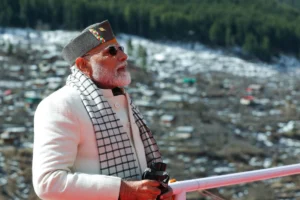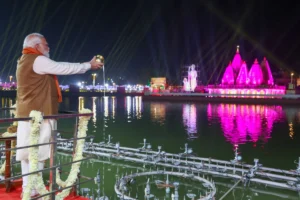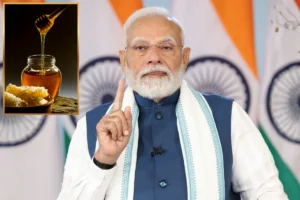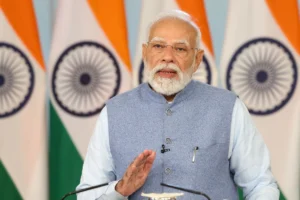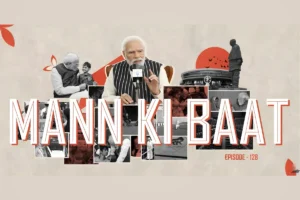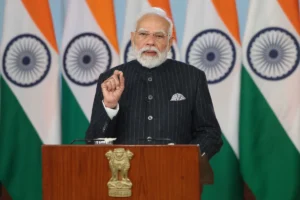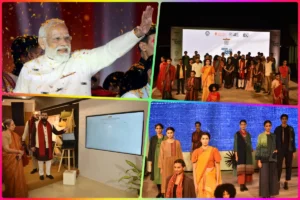
Women of Punjab
The Sikh community has been backed by equality and liberty for all people, regardless of gender, caste, or social identity.
According to the author Vaishali Sharma has underlined that women have recently assumed a more prominent and active role in the Sikh community. Nowadays, they are challenging traditional gender stereotypes and positively impacting politics, activism, and social justice.
Taking notes from the religion the author writes, Sikhism has emphasized equality between men and women, as the Guru Granth Sahib also contains hymns written by both men and women and acknowledges the importance of gender equality in all spheres of life.
Moreover, in the history of the Sikh Empire, women have played a crucial role. Having lost his father, Maha Singh, when he was just 10 years old, Ranjit Singh would never have succeeded his mother, Raj Kaur, as Maharaja. The Sukerchakia misl was kept secure for Raj Kaur’s son till he reached adulthood.
The evolving status of Sikh women in recent decades is evidence of the tenacity and bravery of women who have defied patriarchal expectations. However, immense women empowerment has been seen as women actively participate in politics, activism, and social justice, a daring new story of bravery, self-expression, and resistance is emerging.
Women’s advancement, however, had been hampered by past patriarchal social systems, which restricted their positions in the community to those related to the home and family.
The involvement of Sikh women in politics and activism in the present has drawn attention to a broader trend of women’s empowerment in the Sikh community. Women are emancipating themselves from patriarchal conventions and reclaiming their voices, identities, and futures.
According to the media reports, the #NoKaur movement was started in 2017 by a group of Sikh women activists with the intention of empowering Sikh women and amplifying their voices throughout the community.
The campaign encouraged Sikh women to assert their identities and speak out against prejudice by questioning traditional gender norms and the constrained roles given to Sikh women.
To read more such news, download Bharat Express news apps







